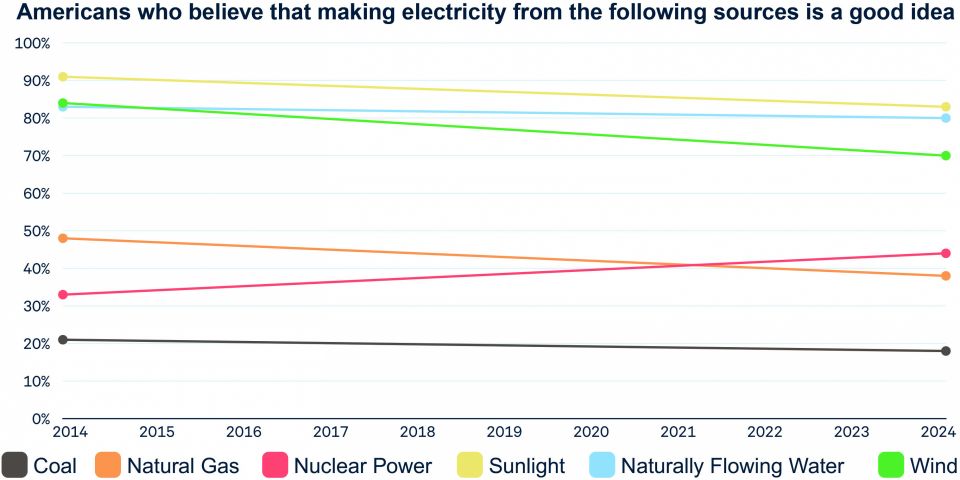Rather than illogically backing away from nuclear, Hill writes, Japan is properly addressing the problems in plant resilience and regulatory oversight that led to the accident. The illogical nature of Germany’s decision is magnified by the fact that Germany never even had the resilience or regulatory problems that Japan faced—nor did it have the seismic risks associated with nuclear plants in Japan.
Dirty coal: Without nuclear, Germany “will burn more coal than anybody in Europe, much of it lignite, the dirtiest, most polluting kind,” Hill says. He cites a 2019 study by the Columbia University Earth Institute that concluded that a nuclear shutdown and increased coal burning in Germany could lead to “an additional 16,000 deaths and 1,100 [metric tons of] CO2 cumulative emissions” by 2035.
Professionalism discarded: Hill’s anger at the German government’s action clearly comes through as he writes that the nuclear shutdown “wounds and galls us doubly in the nuclear industry because the German plants were run magnificently by the operators.” He references data from the World Nuclear Association and the IAEA’s Power Reactor Information System (PRIS) that show the six German reactors that have been shut down over the past year were among the top 10 reactors worldwide by output level.
Hill directs his ire at the German politicians who “spurned and discarded” the “professionalism and excellence” of German nuclear workers, replacing that professionalism “with the most tragic geopolitical naivete.” The latter comment refers to Germany’s reliance on natural gas from Russia and the Russian war in Ukraine.
Everything, everywhere: Hill concludes his essay by saying, “Facts and science matter: nuclear phase-outs do not work. The countries that try them burn more coal, import more gas, and emit more carbon than those that stick with nuclear.” Therefore, fighting climate change and achieving energy security require wise energy policies that “do everything, everywhere, all at once. We will not pick and choose energy sources based on prejudice.”










